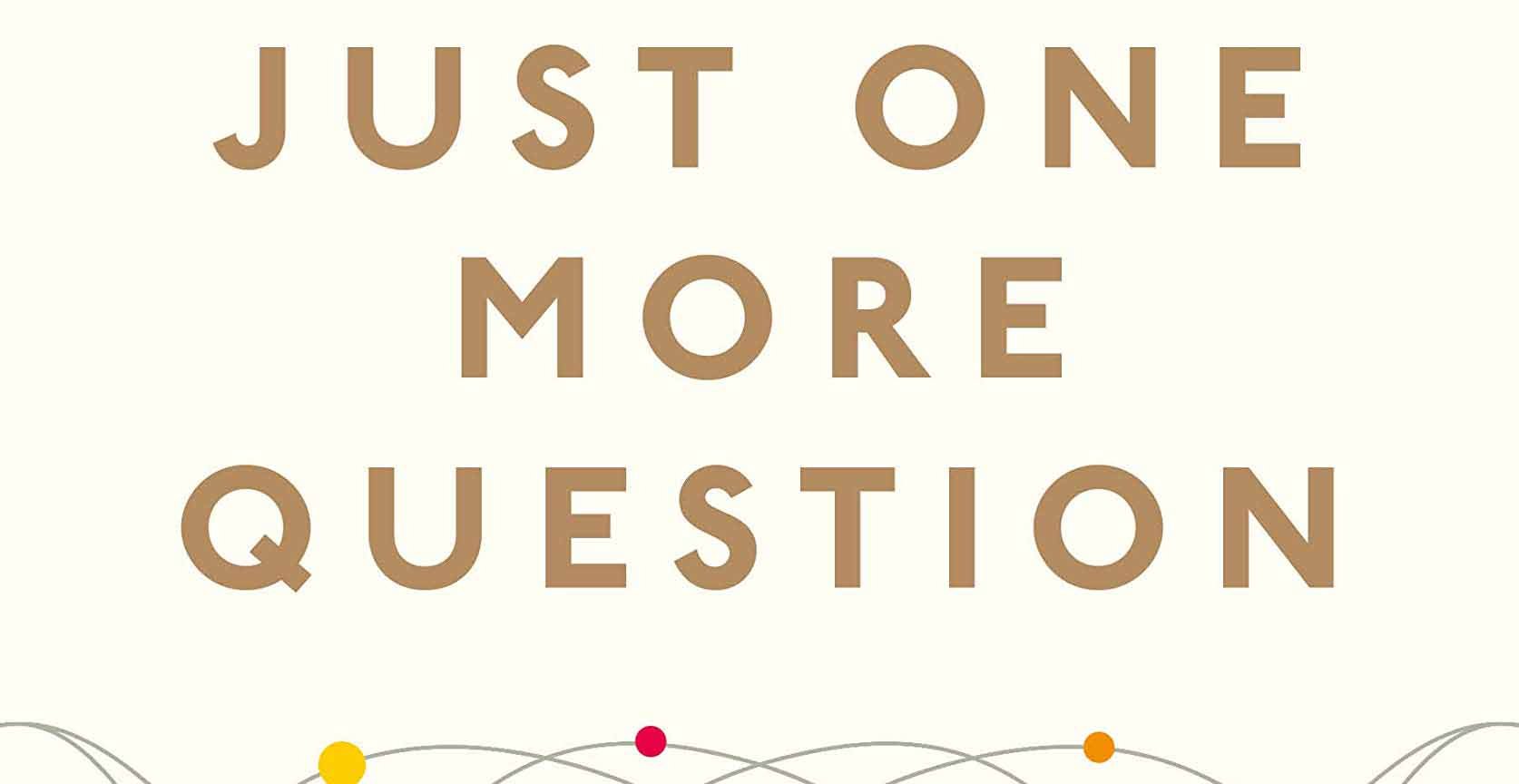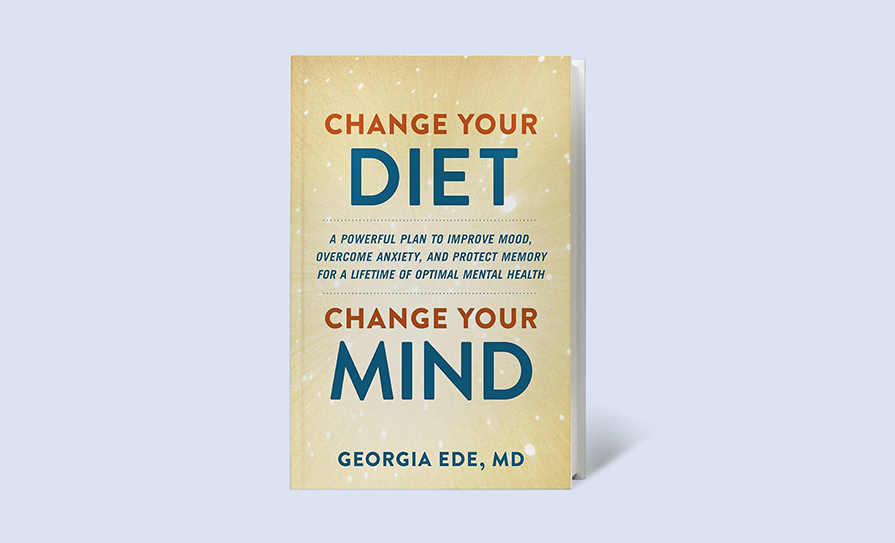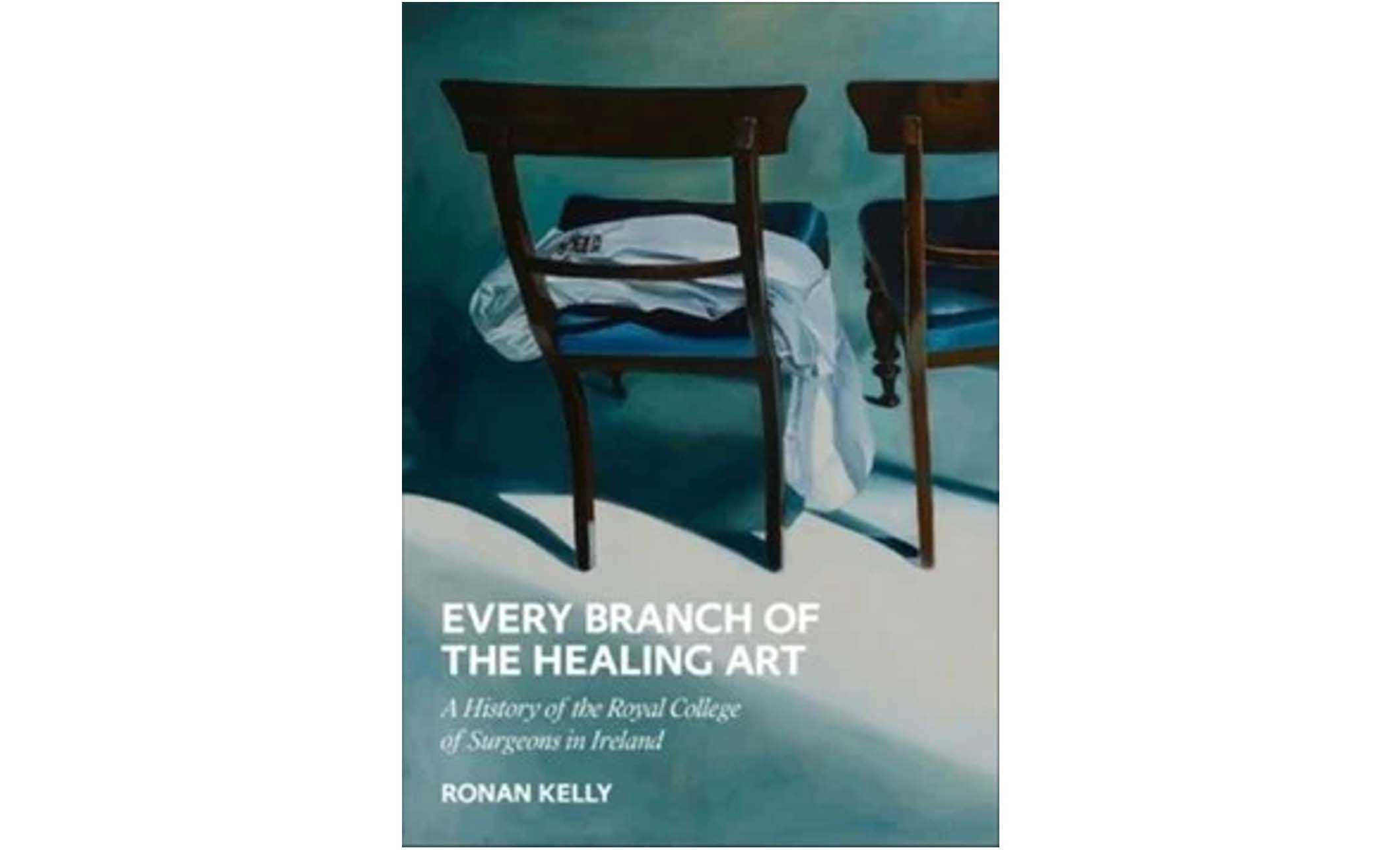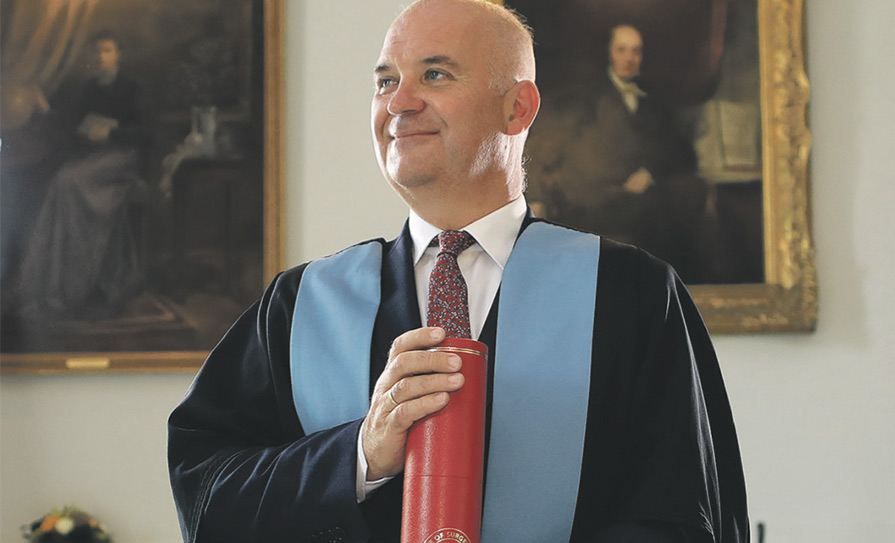The practice of medicine is built on stories: The stories our patients tell us, the stories we tell them in return, and the stories our teachers told us when we were medical students. These stories do not always align with each other. Narratives change over time. Sometimes there is agreement, sometimes conflict. Certainly, none of it stays the same for very long.
As a result, good medicine involves a complex process of mutual adjustment as doctor and patient repeatedly re-state their stories to each other, hoping to create a shared narrative upon which both agree. In an ideal situation, a shared story duly emerges and points both doctor and patient towards some kind of understanding that illuminates a pathway forward and — it is hoped — some effective treatment.
It is this reliance on stories that presumably motivates doctors to write books about their specialties, their clinical practice and patients whom they remember with particular clarity. Writing is also an opportunity for doctors to explain their often arcane worlds to a broader audience, to share what it is like to sit in the doctor’s seat in the consulting room, and to educate readers about the conditions they treat.
Against this background, there is very much to like about Prof Niall Tubridy’s recent book, Just One More Question: Stories from a Life in Neurology. Neurology always seems like a particularly complex, interesting speciality. As a medical student, I once asked a medical registrar to show me a complete neurological examination of a patient because it seemed to me to go on and on, and I could never figure out when it was finished. The canny registrar replied that my request was simply impossible: “The neurological examination has no known ending”, he announced airily: “It goes on forever. It is never finished.”
Happily, Tubridy seems to have mastered the entire neurological examination and much else besides, as his fascinating book demonstrates. Tubridy’s book is built, essentially, around a series of patient case histories, describing not only the key features of common (and not so common) neurological disorders, but also how these disorders impact on people’s lives and livelihoods. As a result, Tubridy’s book is very much rooted in patients’ experiences of illness in day-to-day life: What do people with neurological disorders actually complain of? What troubles them the most and how do they react to the explanations offered by the doctor?
Tubridy also reflects on important and sometimes challenging aspects of being a doctor, including delivering bad news: “About four times a week I tell people that they have MS. It never gets easier giving a patient bad news, and just when I think I have got the approach right — being as positive but honest as I can be — that is the moment I might get it wrong. It can be tricky to get the phrasing right. A poor choice of words will stay with them forever. A kind word will give them something to rake over optimistically later, but it may be misleading. And each individual’s interpretation of the same explanation is different.”
These are the complexities of medical practice with which many of us are only too familiar and it is very helpful to see them laid out and discussed in a pragmatic, forthright fashion. The solutions to these dilemmas lie, as ever, in an evolving mixture of honesty, compassion and listening — all of which Tubridy demonstrates throughout the book.
Of course, no doctor knows everything about medicine or even about their own speciality, and Tubridy reflects on this endless learning curve in his closing chapter: “One of the most brilliant things about neurology and studying the brain and its dysfunction is that you learn at least one new thing about it every day. Every week at our radiology meeting I will, without fail, see something new on a brain scan or hear a suggested diagnosis from a colleague that I either did not think of or had not seen before. Or I might learn a new technique for taking pictures of the brain or a new way of approaching a patient’s problem.”
One of the great challenges of medical practice is to remain open to such learning but not be overwhelmed by the sheer amount of new knowledge that emerges and the infinite variety of clinical presentations in our clinics and hospitals. Modern medicine has made this challenge more complex as increasingly sophisticated technology offers both significant advances and seductive distractions from core patient care.
Tubridy, however, is intensely patient-focused right throughout this book. Case history follows case history with such intensity that one cannot but remain rooted in patient experiences. This is one of the strongest features of the book: Tubridy resists the allures of the obscure theorising and soulless neuro-babble that too often distract from the core of human suffering that lies at the heart of illness. Here, there is no escaping clinical reality, and Tubridy’s book is all the stronger for this.
In the end, doctors are, first and foremost, people who seek to help other people as best we can. Tubridy keeps this paradigm front and centre in his book, making his Stories from a Life in Neurology an especially valuable addition to the literature on neurology, clinical practice and what it means to be a doctor today.
Brendan Kelly is Professor of Psychiatry at Trinity College Dublin and author of “The Doctor Who Sat For A Year” (Gill, 2019).













Leave a Reply
You must be logged in to post a comment.